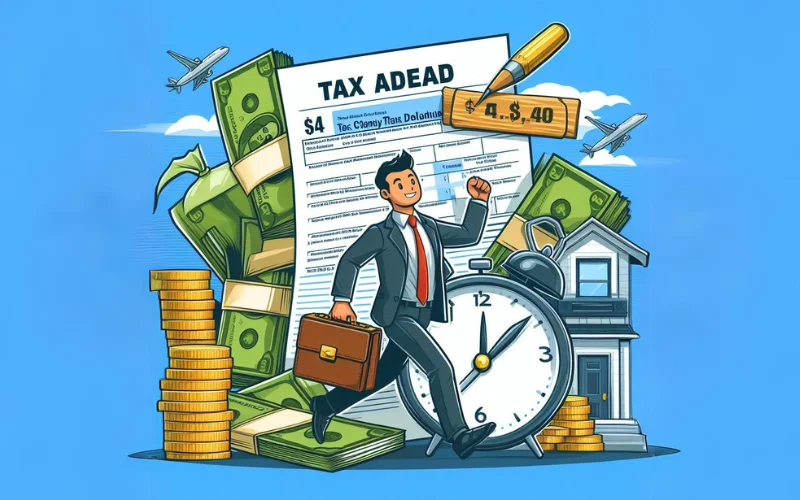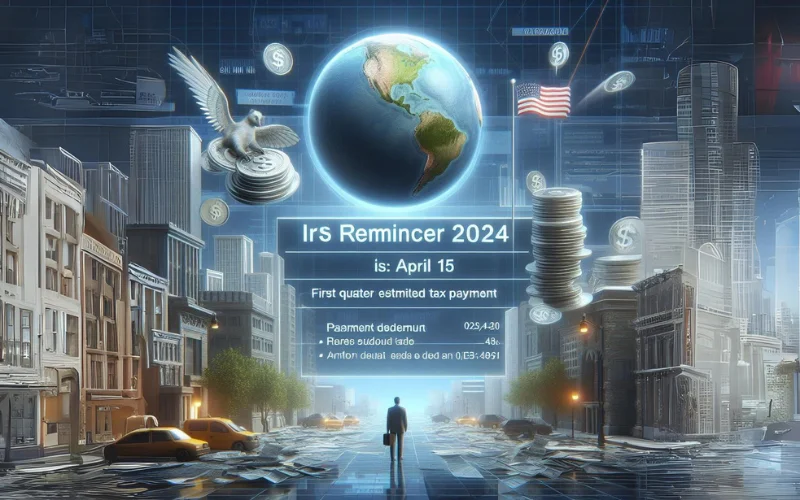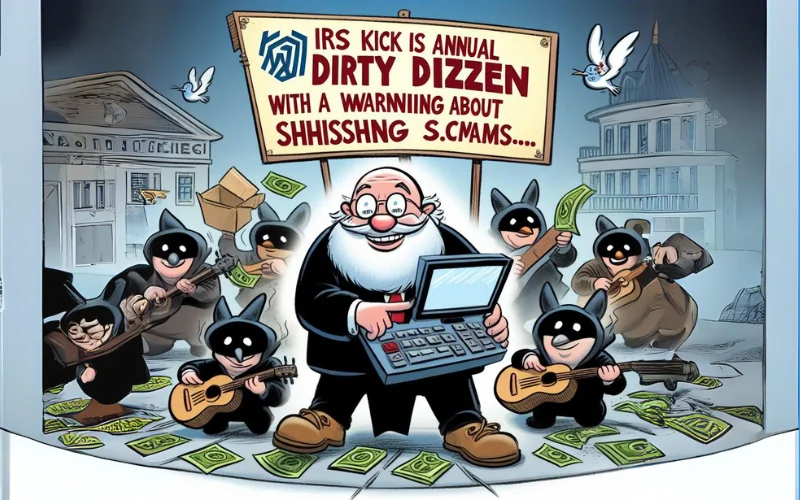Millions of small business owners are facing make-or-break decisions, as the world deals with the impact of the COVID-19 pandemic.
“A month ago, we were thinking about expanding, maybe buying a building to accommodate our crazy growth. And now, here we are thinking about how to survive,†STATE the Label founder Adrienne Antonson posted.
But business owners have options.
Some QuickBooks customers may be eligible for business funding through QuickBooks Capital. Qualifying businesses may receive funding between $5,000 and $100,000, with terms up to 12 months. In the meantime, the U.S. Small Business Administration (SBA) and some major corporations are offering loans and assistance to small businesses. And the Treasury Department is working on a $300 billion stimulus loan package for small businesses.
SBA disaster assistance program
The SBA’s disaster assistance program isn’t unique to the current pandemic. The SBA offers disaster assistance to small businesses in the wake of natural disasters. SBA loans can help business owners cover expenses for real estate, personal property, economic injury, machinery and equipment, inventory, and other business assets. Disaster assistance loans are available up to $2 million and include low-interest rates and long terms.
When is it available?
SBA disaster assistance loans for businesses in select states affected by the coronavirus became available on January 31, 2020. Other qualifying events include tornadoes, drought, and snowstorms. In addition, Congress passed the Coronavirus Preparedness and Response Supplemental Appropriations Act. The law added $20 million to the SBA disaster assistance program. And in his March 11 address to the nation, President Donald Trump asked Congress to increase funding for SBA assistance by $50 billion. If Congress passes legislation to increase such funding, the president can sign it into law.
Who is eligible?
Businesses, renters, and homeowners located in regions affected by declared disasters can apply for SBA disaster assistance. Those interested can apply through the SBA’s three-step process:
Check eligible disaster areas.
Apply online if your business is eligible.
Check your application status.
The SBA aims to review applications and disburse funds to qualified businesses within three weeks of application submission. To apply, you’ll need to produce the following documents:
Business loan application (SBA Form 5)
IRS form 4506-T
Your most recent federal income tax returns
A personal financial statement (SBA form 413)
A schedule of liabilities listing all fixed debts (SBA form 2202)
Local government relief funds and grants
Atlanta Business Continuity Loan Fund
Berkeley Relief Fund
Chicago Small Business Resiliency Loan Fund
Connecticut, Greater Hartford COVID-19 Response Fund
Denver Small Business Emergency Relief Fund
Florida Small Business Emergency Bridge Loan Program
Fort Collins Small Business Relief and Recovery Loan Fund
Hillsboro COVID-19 Crisis Funding and Emergency Grant
Kaimuki Small Business Relief Fund
Kansas Hospitality Industry Relief Emergency Fund
Long Beach Coronavirus Relief Fund
Los Angeles Small Business Emergency Microloan Program
Massachusetts Small Business Recovery Loan Fund
Michigan Small Business Relief Program
New Mexico COVID-19 Business Loan Guarantee Program
New York City Employee Retention Grant Program
Portland (Jade District and Old China Town) Small Business Response Fund
Sacramento Small Business Emergency Economic Relief Loan Program
Salt Lake City Emergency Loan Program
San Diego Small Business Relief Fund
San Francisco COVID-19 Small Business Resiliency Fund
Seattle Foundation’s COVID-19 Response Fund
Wisconsin Small Business 20/20 grants
Small Business Interruption Loans
So far, Congress has passed two economic stimulus packages. A third stimulus package, setting aside $300 billion in aid for small businesses, is making its way through legislation. If passed, it will have the biggest impact on small businesses.
Under the current proposal, small businesses would be able to apply for loans provided by U.S. financial institutions. The U.S. government would back loans 100%. These loans would help small business owners avoid layoffs and continue to pay employees.
To meet eligibility requirements, employers must employ fewer than 500 workers. And they must sustain 100% of payroll for all employees for up to eight weeks, following the distribution of the loan.
Loans would cover 100% of payroll for six weeks, with a cap of $1,540 per employee, per week. That’s close to the average salary of someone making $80,000 a year. Lenders would be responsible for verifying that employers made payroll six weeks before to the loan distribution and eight weeks after. The Treasury Department would issue all relevant terms and conditions, including appropriate interest rates and loan maturity.
Small business assistance options from other businesses
In addition to government assistance, companies like Amazon and Facebook have pledged to help businesses weather the pandemic and its fallout.
Amazon’s Neighborhood Small Business Relief Fund
Amazon’s Neighborhood Small Business Relief Fund pledges $5 million in assistance. Qualifying businesses have fewer than 50 employees or less than $7 million in annual revenue. And they must rely on foot traffic and be located within a few blocks of Amazon’s Regrade, South Lake Union, and Bellevue offices. To help distribute funds equitably, Amazon is asking applicants to anticipate expected losses associated with the coronavirus.
Apply now.
Facebook’s $100 million pledge
Facebook COO, Cheryl Sandberg, announced Facebook’s pledge of $100 million to small businesses impacted by the coronavirus. Facebook will distribute funds to 30,000 small businesses across the 30 countries where Facebook employees work.
Grubhub Community Relief Fund
Grubhub announced efforts to help small businesses in Chicago, New York City, San Francisco, Boston, and Portland. The Grubhub Community Relief Fund is collecting donations raised through their Donate the Change program. Officials in each of the five cities will help Grubhub identify organizations and small businesses that need help.
Other options to explore
Many companies, federal agencies, and private organizations offer grants for small businesses. Fundera has compiled a list of 107 small business and startup grants offered across the country. Each has its own eligibility criteria, and some include contests. Research each grant to determine if your business qualifies.
James Beard Foundation Food and Beverage Industry Relief Fund
Opportunity Fund Small Business Relief Fund
Restaurant Workers’ Community Foundation COVID-19 Emergency Relief Fund
MusiCares COVID-19 Relief Fund for entertainers and musicians
Together, we’ll carry on
As the coronavirus continues to affect small businesses, private and public sectors continue to announce more relief efforts. Keep an eye out for opportunities in your area and industry for aid. Finally, consider what you can do as a consumer. Support your fellow small business owners through your purchasing decisions. We can lift each other up through this time.
———–
This content is for information purposes only and information provided should not be considered legal, accounting or tax advice, or a substitute for obtaining such advice specific to your business. Additional information and exceptions may apply. Applicable laws may vary by state or locality. No assurance is given that the information is comprehensive in its coverage or that it is suitable in dealing with a customer’s particular situation. Intuit Inc. does it have any responsibility for updating or revising any information presented herein. Accordingly, the information provided should not be relied upon as a substitute for independent research. Intuit Inc. cannot warrant that the material contained herein will continue to be accurate, nor that it is completely free of errors when published. Readers should verify statements before relying on them.
Source: Eric Carter





